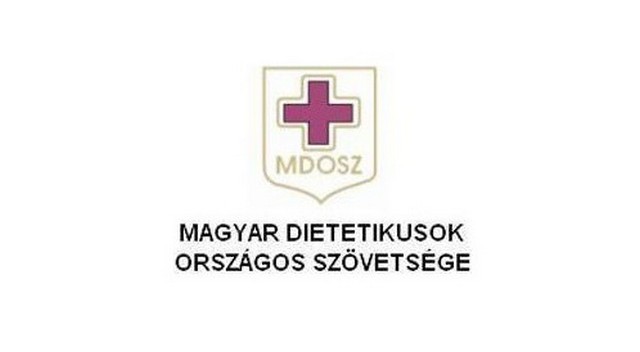Az Intuitív Étkezés alkalmazása, elsajátítása

Az Intuitív Étkezés gyakorlása azon személyek számára javasolt, akik javítani szeretnének az étellel és testükkel való megromlott kapcsolatukon. A szemlélet, így a testtudatosság fejlesztéséhez a hamarosan magyar nyelven is megjelenőIntuitive Eating c. könyv és az Intuitive Eating Workbook feladatgyűjteménye, világszerte pedig a hivatalos vizsgát tett, okleveles Intuitív Étkezés tanácsadói végzettséggel rendelkező szakemberek – köztük nagy számban dietetikusok – nyújtanak segítséget egyéni és csoportos foglalkozásokon.
Felhasznált irodalom
- Tylka, T., Annunziato, R., Burgard, D., Daníelsdóttir, S., Shuman, E., Davis, C., et al. (2014). The weight-inclusive versus weight-normative approach to health: evaluating the evidence for prioritizing well-being over weight loss. Journal of Obesity, 4(40), 1-18.
- Tomiyama, A., Ahlstrom, B., & Mann, T. (2013). Long-term effects of dieting: is weight loss related to health?. Social and Personality Psychology Compass, 7(12), 861-877.
- Brown, R. E., & Kuk, J. L. (2015). Consequences of obesity and weight loss: a devil’s advocate position. Obesity Reviews, 16(1), 77-87.
- Bacon, L., & Aphramor, L. (2011). Weight science: evaluating the evidence for a paradigm shift. Nutrition Journal, 10(1), 1-13.
- Schnettler, B., Miranda-Zapata, E., Grunert, K. G., Lobos, G., Denegri, M., & Hueche, C. (2018). Weight fluctuation and diet concern negatively affect food-related life satisfaction in Chilean male and female adolescents. Frontiers in Psychology, 9, 1013.
- Dimitrov Ulian, M., Pinto, A., de Morais Sato, P., B. Benatti, F., Lopes de Campos-Ferraz, P., & Coelho, D. et al. (2018). Effects of a new intervention based on the Health at Every Size approach for the management of obesity: The “Health and Wellness in Obesity” study. PLOS ONE, 13(7), e0198401.
- (ASDAH) Association for Size Diversity and Health. Available at: https://www.sizediversityandhealth.org/. 2022.05.25.
- Linardon, J., Tylka, T. L., & Fuller‐Tyszkiewicz, M. (2021). Intuitive eating and its psychological correlates: A meta‐analysis. International Journal of Eating Disorders, 54(7), 1073-1098.
- Tylka, T. L., & Kroon Van Diest, A. M. (2013). The Intuitive Eating Scale-2: item refinement and psychometric evaluation with college women and men. Journal of counseling psychology, 60(1), 137–153.
- Tylka, T.L., et al., The weight-inclusive versus weight-normative approach to health: evaluating the evidence for prioritizing well-being over weight loss. J Obes, 2014. 2014: p. 983495.
- Stevenson R.J., Mahmut M., Rooney K. (2015). Individual differences in the interoceptive states of hunger, fullness and thirst. Appetite 95, 44-57.
- Stice, E., K. Burger, and S. Yokum, Caloric deprivation increases responsivity of attention and reward brain regions to intake, anticipated intake, and images of palatable foods. Neuroimage, 2013. 67: p. 322-30.
- Tribole, E. & Resch, E. (2020). Intuitive Eating: A Revolutionary Anti-Diet Approach. (4th ed.). St.Martin’s Essentials
- Puhl, R. and Y. Suh, Health Consequences of Weight Stigma: Implications for Obesity Prevention and Treatment. Curr Obes Rep, 2015. 4(2): p. 182-90.
- Gaesser, G.A. and S.S. Angadi, Obesity treatment: Weight loss versus increasing fitness and physical activity for reducing health risks. iScience, 2021. 24(10): p. 1029
Magyar Dietetikusok Országos Szövetsége








